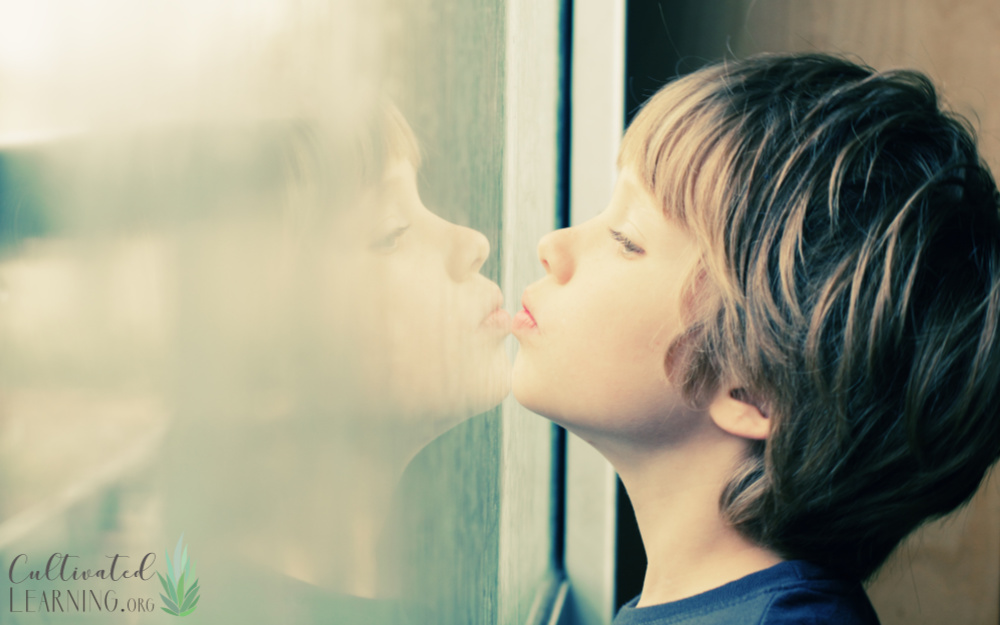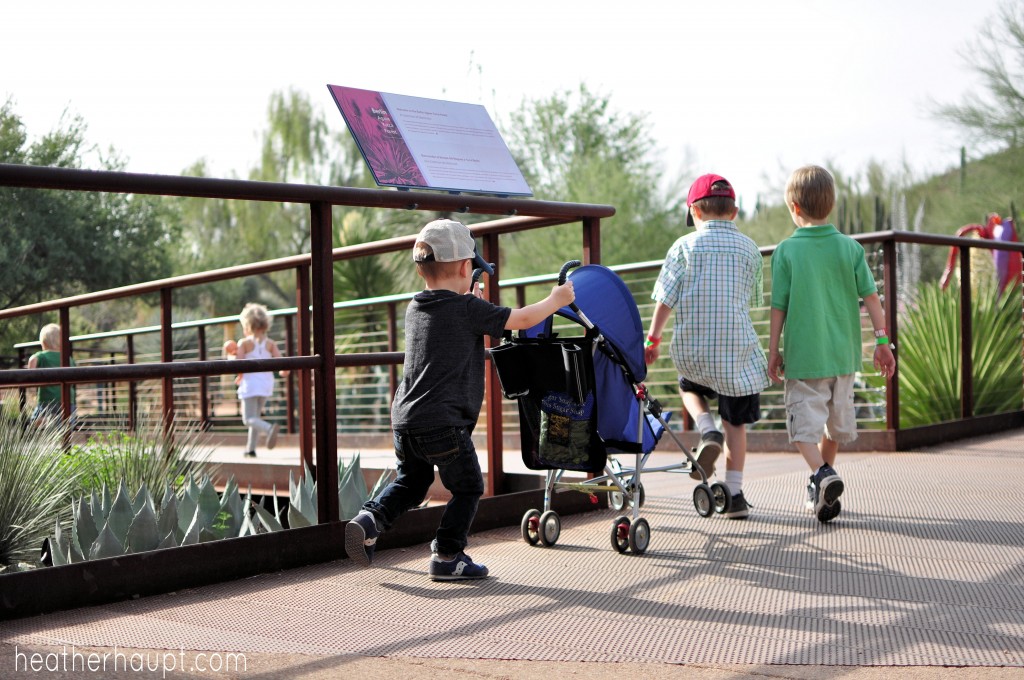[sc name=”disclosure”]
As a girl, being homeschooled, I took the “What about socialization?” questions in stride. Homeschooling was a relative unknown 20+ years ago and so out of the box that it was expected that people would wonder if homeschooled kids had any interaction with the outside world. But with how much homeschooling has grown, I’m surprised at how common the question still is today. Oh yes, I’d still say this is the most common question I receive and it is one that I love to answer.
Why? Because I can empathize. Socialization matters. It is really, really important and yet another reason why our family loves homeschooling. Like most parents, we want our children to be able to easily interact with those around them. So how does homeschooling provide the opportunity to actually HELP with this?
Homeschooling provides opportunities for:
Positive Socialization
When it comes to our kids getting “socialized,” who do we want to be the primary influence in this department? A group of 25-30 other kids in need of socialization? I melodramatically think Lord of the Flies…
I much prefer the primary socializing influence to be loving, {hopefully} mature parents? If socialization is indeed as important as everyone seems to think it is {and it is}, I prefer to take a bit more ownership over who is helping my kids in this department. Kids learn better in a smaller, more personalized environment. The same holds true for acquiring good social skills. My kids are with other children in our support group, weekly co-op and playing with kids in the neighborhood. But their primary socialization comes from us!
Diverse Socialization
Socialization that prepares one for real-life is best accomplished out in the real world. Our kids need to diversify their experiences and learn how to interact in different situations!
The “what about socialization?” question hinges on a popular misconception that assumes that if you are not contained in a room filled with your peer group, you couldn’t possibly be properly socialized. Nothing could be further from the truth.
♦ Diverse Ages
Homeschooling provides the opportunity to interact with children their own age as well as those older or younger. Because they are tagging along with mom and dad during normal life living, they also learn to interact with adults.
♦ Diverse Situations
Our kids need to learn how to interact in a variety of different situations. My parents were interested in politics. As a result, we learned how to go door to door to get petitions signed. We learned how to interact with our elected officials. No one was exempt from this. Ironically enough, the shy, introvert among us ended up being the one to pursue political involvement and lobbying in her teen and adult years. Homeschool kids have the flexibility to run and play like hooligans in the backyard, but then also conduct themselves with quiet respect in a library. They learn proper etiquette in the workplace through visits to dad’s work or internships during the teen years. They need to learn how to interact in informal as well as formal situations. Homeschooling provides the time and flexibility to get these “out-of-the-classroom” kind of experiences.
♦ Diverse People
Instead of a class filled with their peers, homeschooling can bring you into contact with all kinds of people. They interact with the doctor, the librarian, the store clerk, the construction worker {well, if your boys are anything like mine} and even the homeless person at the park. And even the homeschool community is quite diverse. We dress differently, have different doctrinal beliefs. Some unschool, while others TigerMom school. Some wear denim skirts, some wear broom skirts and some wouldn’t be caught dead in a skirt. I still chuckle about the time I accompanied my mom to California to do a workshop and getting to know a boy who was shocked that I didn’t recognize his dad for the famous soap opera star that he was… It’s important to learn how to interact with people from a variety of backgrounds. We can get along with one another, even if we have our differences. For me, this kind of exposure proved invaluable in each of my jobs that required me to converse and work with a diverse range of people.
How do we cultivate optimal socialization?
Let’s face it, homeschooling is no guarantee that your child will come out well equipped to interact with others. I think it provides amazing opportunity, but that doesn’t automatically translate into reality. So what can we as parents do to cultivate the skills our children need to interact with all kinds of people or situations?
1. Recognize Opportunity
It is super easy to just stick within your comfort zone. For many that can mean either sticking close to home or interaction with only close personal friends. In this culture where we are becoming increasingly isolated from one another it’s easy to go to the grocery store without even looking the clerk in the eye at check out. We need to always be looking for opportunities to interact with others. As believers who have a call to do kingdom work, personal interaction with those around us is a non-negotiable. Opportunity is everywhere. Be on the lookout and then stretch yourself and stretch your children as you reach out and take advantage of these perks to homeschooling.
2. Model
Gulp. Better caught than taught. If we want our kids to have good social skills, we need to cultivate them ourselves and then live it out in front of our children! How do we strike up conversation? How do we look for common ground with others? How do we interact with those who are different? Need help? Get a book like Conversationally Speaking or one of my favorites, How to Win Friends and Influence People. Pray and ask God to give you a heart for other people. Share this motivation of a love for others with your children…
3. Train
In addition to modeling proper social etiquette, we need to train our children. You can teach them gratitude, how to give the gift of a smile… I was inspired by Sally Clarkson’s recent post on cultivating graciousness. You, sweet mama have the chance to disciple your children so they understand proper behavior for the playground, the library, church, etc. Think through where you will be going and help them by laying our clear expectations in advance!
4. Practice
Knowing what to do and actually doing it are really two different things. We need to give our children the opportunity to practice what we’ve taught them in everyday life. A homeschooling friend of mine was painfully shy, but thankfully her mother wasn’t content to let her retreat into her introvert comfort zone. In group situations, she challenged her daughter to find 3 new people who looked lonely and come up with three questions to ask them. It was painfully hard. But my friend learned invaluable social skills that served her well into adulthood.
Want more ideas? Check out my pinterest board: Learning Social Skills
So the next time someone asks you, “So what about socialization?” you don’t need to get defensive. Instead, you can excitedly tell them of all the wonderful benefits that homeschooling affords your family!



Found this article after a discussion with well meaning loved ones. Put to words much of what we have heard and added several more points. Thank you for writing.
And now, I have linked to you in my most recent post! Thank you again, Heather. Have a wonderful day! Camille
Ahhh, thanks Camille!
Very well said my friend. Great post! I’m bookmarking this one. 🙂 Love, Camille
Sometimes I just plum come over to be encouraged by you friend. So thankful for you and the boost that our kids are getting it … the S word, while being homeschooled.
Thanks for joining the momma melody. We would love to have you join us again. Anything mom, from vacation pics, encouraging words, to recipes. I jot some notes on Mondays, but it’s a come whenever you can kind of party. Just moms. Sharing our notes. Creating a melody.
http://justsarahdawn.blogspot.com/2013/09/a-momma-for-today.html
Be blessed bunches,
Sarah
This article is spot on! Kid’s social skills are equal to or less than their parents – just no way around that. My wife & I would giggle afterwards when someone brought up the “S-word” topic. We giggled because they exposed a wee bit of ignorance when they implied a public (or even private) school was the cure all for social behaviors! Really, so if my child stays home they’ll risk having social behavioral problems, but if they go, all is well ! : ) how does that work.
Wonderful article! Enlightening content presented very usably. You put stuff into words that has mostly just been a gut feeling for me all these years and added a whole bunch of helpful, “do it” encouragement– thanks you!
Love your take on this 🙂 I completely agree that homeschooling offers more of the good kinds and less of the bad kinds of social experiences.
So glad you broke these areas down. I had kids in traditional school and now in homeschooling. I do know there IS a social difference between both situations. But there is a positive and negative to both. My older kids do point out some ‘social cues’ that they homeschooled friends miss. But I let them know that all of that goes out with the wash when they all get to college and have to navigate through an entirely new set of ‘social cues’. Kids are adaptable and when placed in social situations, in time they will pick up what works and what doesn’t.
Yes. In general, these are two totally different cultures that kids are exposed too on a daily basis. When adults are the primary socializer, homeschooled kids won’t be up on all of the slang and current ways that school peers communicate with one another. But as you said, things even out as the two groups co-mingle in college and beyond. Although my husband and I still sometimes shake our heads at each other! 🙂